What To Read In 2024? Ten Non-Fiction Books To Look For
From a global history of Western culture to factful optimism about the climate battle, 2024 promises exciting things for readers (and podcast listeners).
One of my favourite things about this time of the year is the influx of lists of upcoming books for the new year. Here are my top 10, scavenged from New Scientist, Financial Times, Guardian, and more. If nothing else, this will offer you a glimpse into topics that the On Humans Podcast might cover this year.
Needless to say, many interesting ones did not make the list. For example, Amitav Gosh will explore global history through opium and ecological historian Vaclav Smil promises to explain “How Food Really Works”. But below are the books that struck a particular chord on the keyboard of my imagination.
Enjoy!
The Well-Connected Animal: Social Networks and the Wondrous Complexity of Animal Societies (by Lee Alan Dugatkin)
Can “survival of the fittest” sometimes mean “survival of the friendliest”? Lee Alan Dugatkin’s past books have been voices of hope in our quest to find meaning and virtue in a Darwinian world. The quest continues.
Published by Chicago University Press
The Last Human Job: The Work of Connecting in a Disconnected World (by Allison J. Pugh)
What does work mean for humans? Will this meaning survive the age of AI and robotics? A sociologist searches for answers.
Published by Princeton University Press
Eighteen: A History of Britain in 18 Young Lives (Alice Loxton)
Something a bit more light-hearted, this book tells the story of Britain through teenagers. “From a young Empress Matilda, already changing the fate of nations, to Richard Burton, the rugby-obsessed teenager who grew up in a Welsh mining town, each journey unpicks a different era of Britain.”
Published by Macmillan
Why We Remember (by Charan Ranganath)
Many people study Psychology to answer the big questions about human life. Instead, they have to study cognitive models of memory systems. I was one such student. And I found memory to be a boring topic. Charan Ranganath thinks that I was missing something — that memory can reveal much about the human condition, even improve it. I hope he convinces me.
Published by Doubleday
The Beast Within: Humans As Animals (by Jessica Serra, trans. by Alison Duncan)
“Are humans the only creatures who love, laugh, cry, possess morals, and wage war? In The Beast Within, scientific researcher and ethologist Jessica Serra upends the assumptions that underpin our very human hypothesis that we possess a superior place in the hierarchy of organisms on Earth.”
This book’s advertising materials could be directly repurposed as promotion for On Humans. I am thrilled.
Published by John Hopkins University Press
Sociopath: A Memoir (by Patric Gagne)
I had an odd experience when researching my master’s thesis in 2019: I conversed online with a woman who was promoting the cause of sociopaths. Her point was simple: sociopaths are humans, after all. They should be understood, not demonised.
This is a particularly difficult topic for me. The call sounds fair enough. But should “we” not celebrate compassion, empathy, and a sense of responsibility? This is a book from the other side, written by a diagnosed sociopath who holds a PhD in clinical psychology.
Published by Simon & Schuster
An African History of Africa: From the Dawn of Civilisation to Independence (by Zeinab Badawi)
I know too little about African history. This book promises a sweeping look at the story of the continent, written by the president of SOAS.
Published by WH Allen
Nature, Culture & Inequality (by Thomas Piketty, trans. Willard Wood)
Piketty’s books are always high on the agenda. This one is of particular interest, as it promises to join his traditional approach to economic history with his current research into climate change.
Published by Penguin Random House
Not the End of the World: How We Can Be the First Generation to Build a Sustainable Planet (by Hannah Ritchie)
Ritchie is a data scientist at Oxford and the Lead Researcher at the always-illuminating Our World in Data. She writes the “Sustainability by Numbers” Substack which I read very carefully. Her book promises a lot of data and some moderate optimism.
Published by Chatto & Windus
How the World Made the West: A 4000-Year History (by Josephine Quinn)
From Islamic science to Chinese philosophy and Native American politics, the ideas of the “West” owe much to the wisdom of the “Rest”. Quinn’s upcoming book looks like an ambitious attempt to tell the story in its fullness.
Published by Bloomsbury (as the best are…)
That’s it for the list. Which one would you most want me to cover on the podcast? Drop a comment or an email!
May 2024 bring you joy, peace, and a lot of learning.
All good things,
Ilari


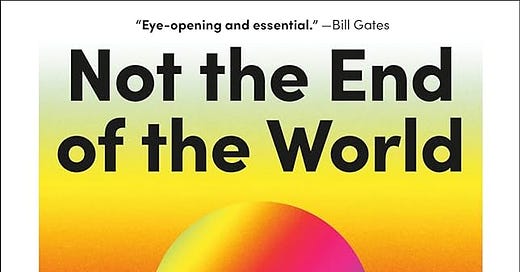


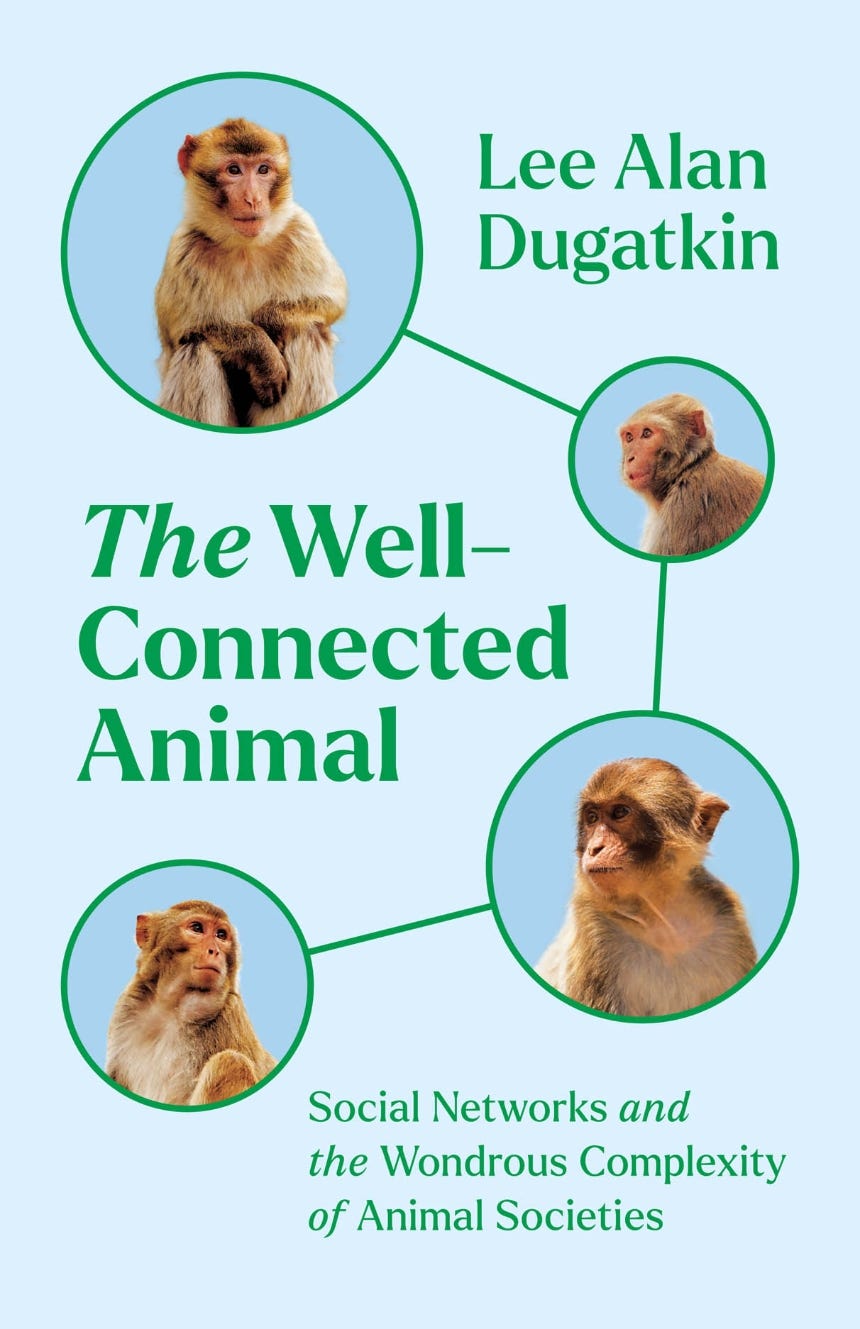

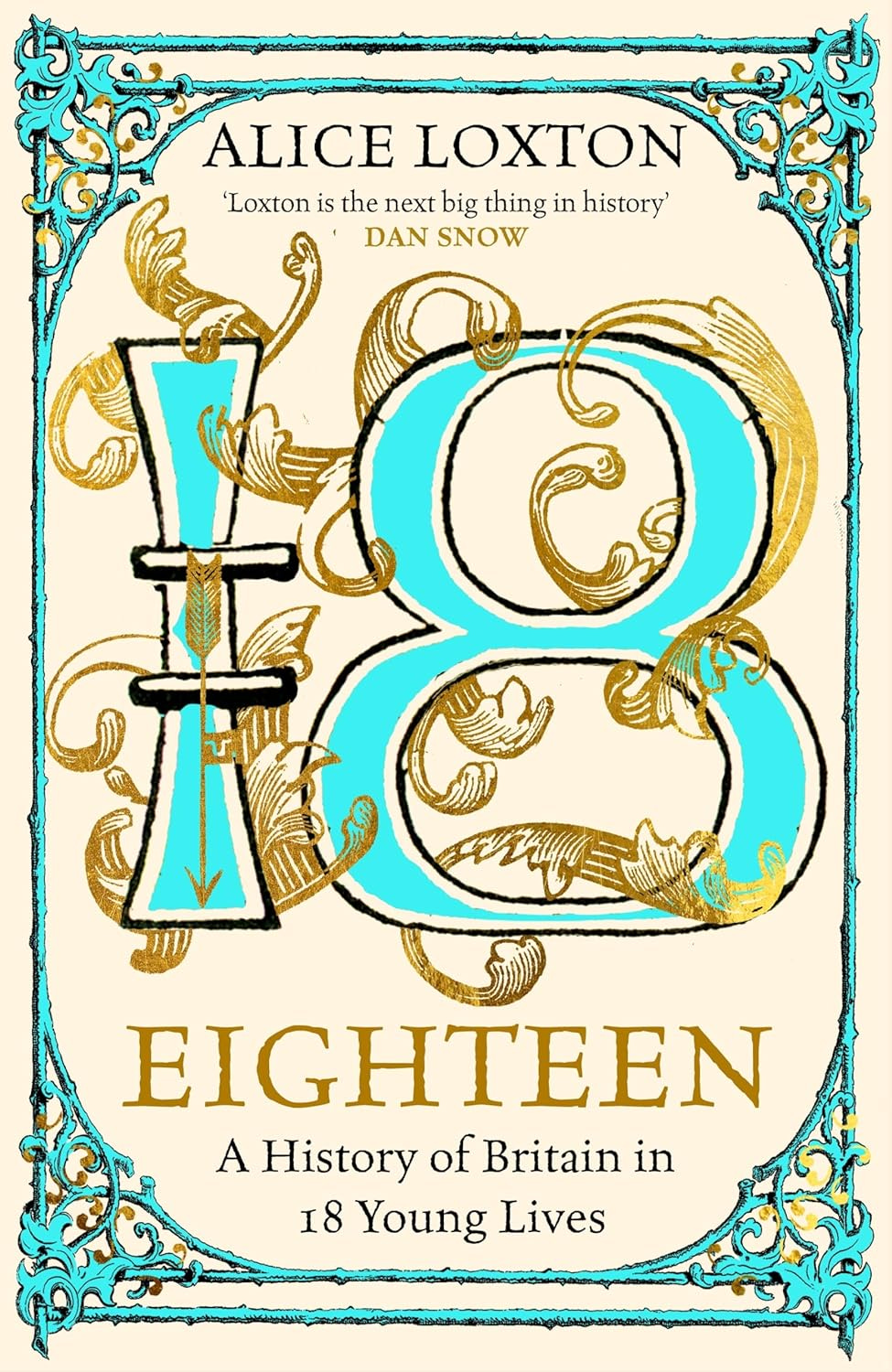
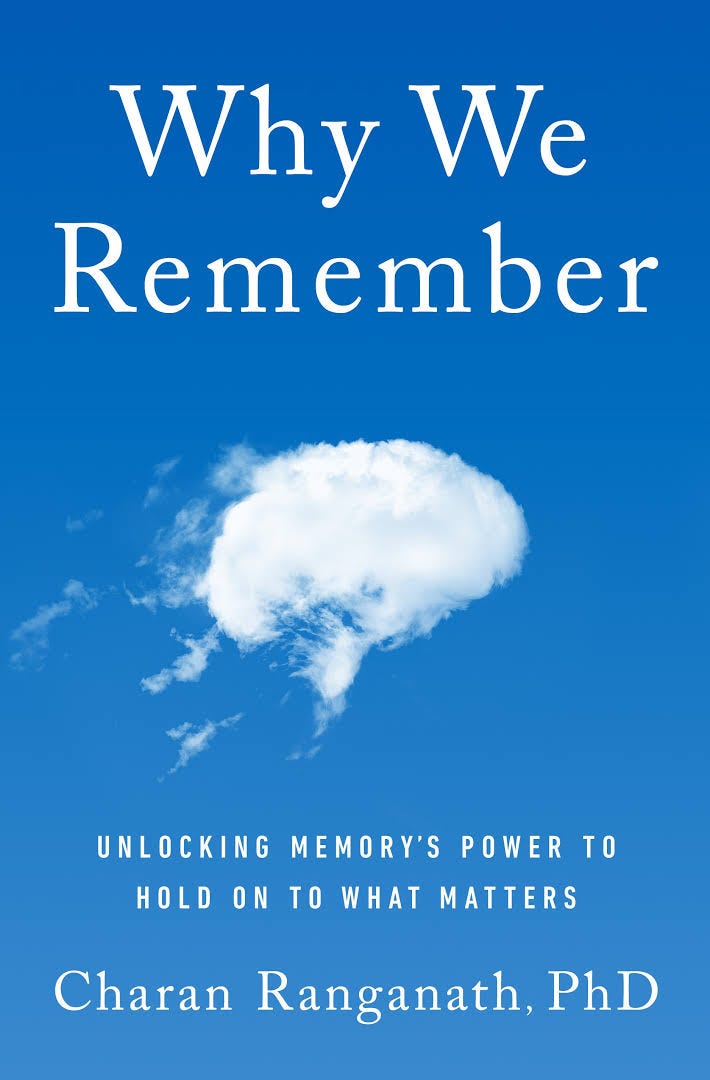

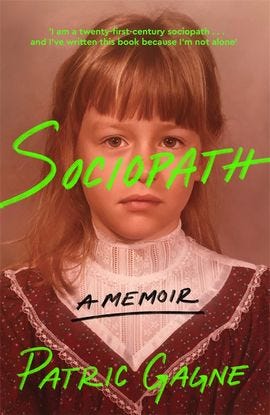
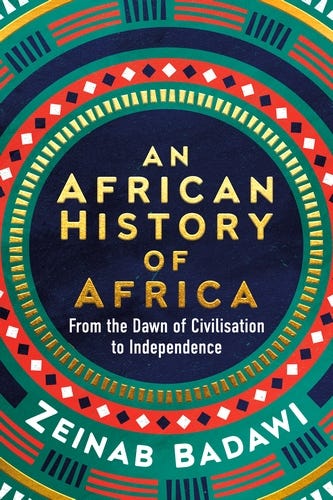


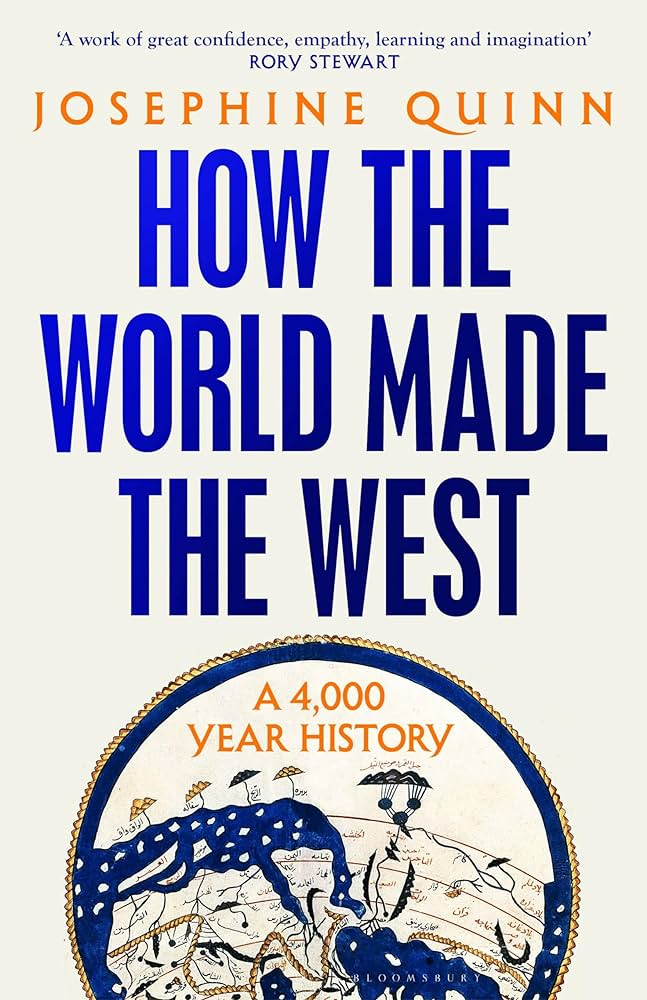
If you were a fisherman who was fishing for new Philosophy students:
What is the one book you would bait the hook with?